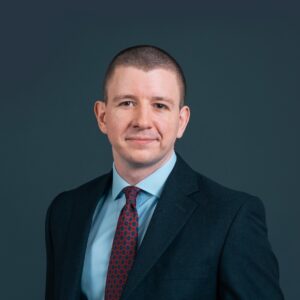Fourth week – Inquiry into the controversial West Cumbria coal mine reaches its final week
Today kicks off the final week of the public inquiry into the ‘called in’ application for the UK’s first deep coal mine in 30 years, with more evidence due on environmental and climate impacts and closing arguments from the Applicant and Rule 6 Parties scheduled to begin at 2pm on Friday 1 October 2021.
In its first week, the inquiry considered the proposed economic benefits of the scheme to the local area and to the UK generally. The second week addressed whether there was a need for the product of the coal mine within EU and UK industry in light of domestic and European emissions reductions targets and the poor quality of the coal itself. The third week heard evidence on the serious and unassessed impacts of carbon dioxide and methane emissions caused by the mine, and on the negative impact that granting permission could have on the UK’s international role as a climate leader.
The inquiry began on 7 September 2021 and is scheduled to run for four weeks. Estelle Dehon and Rowan Clapp act for South Lakes Action on Climate Change (‘SLACC’) [1] instructed by Matthew McFeeley of Richard Buxton Solicitors.
This morning the inquiry will investigate the impact of the development on ecology and the afternoon session will consider further evidence on climate change led by Friends of the Earth.
On Wednesday the inquiry will consider planning evidence and SLACC will lead evidence that the proposed development is not compliant with key National Planning Policy Framework policies concerning climate change, flooding and coastal change, the protection of ancient woodland and the extraction of coal, whilst also highlighting that the scheme is contrary to a host of Local Plan policies.
Conflict with these key climate and environmental policies attracts increased significance given the UK is set to host COP26 in November this year and the Prime Minister specifically identified “coal, cars, cash and trees” as the keys to “very substantial [emissions] reductions by 2030” in his recent speech to the UN General Assembly.
[1] SLACC was established in 2007 after a City Councillor from San Salvador visited Kendal as part of a speaking tour and explained that mudslides in his city, caused by torrential rain as a result of climate change, had led to deaths. He brought home that climate change would get worse and affect people across the world. A key recent part of SLACC’s work has been opposing the mine proposal, garnering support from experts such as the Materials Processing Institute and Professor Paul Ekins OBE, Professor in resources and environmental policy at the UCL Institute for Sustainable Resources, University College London.


